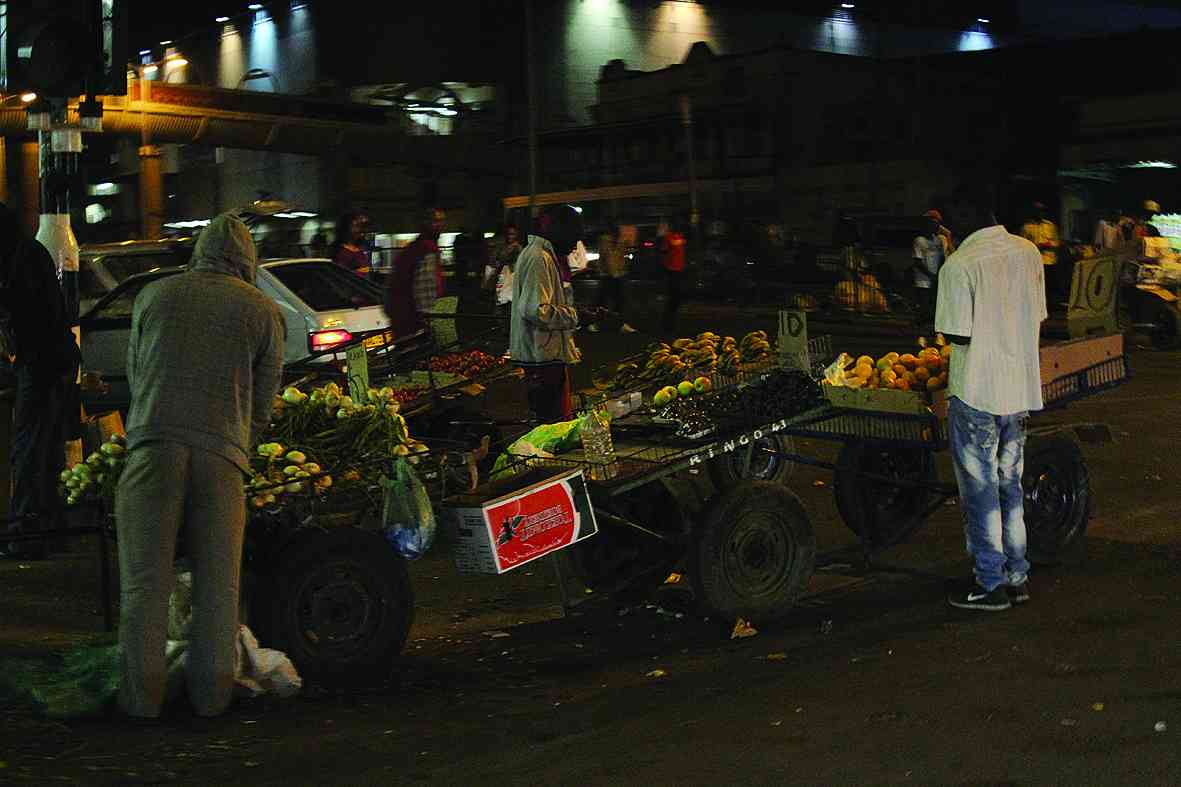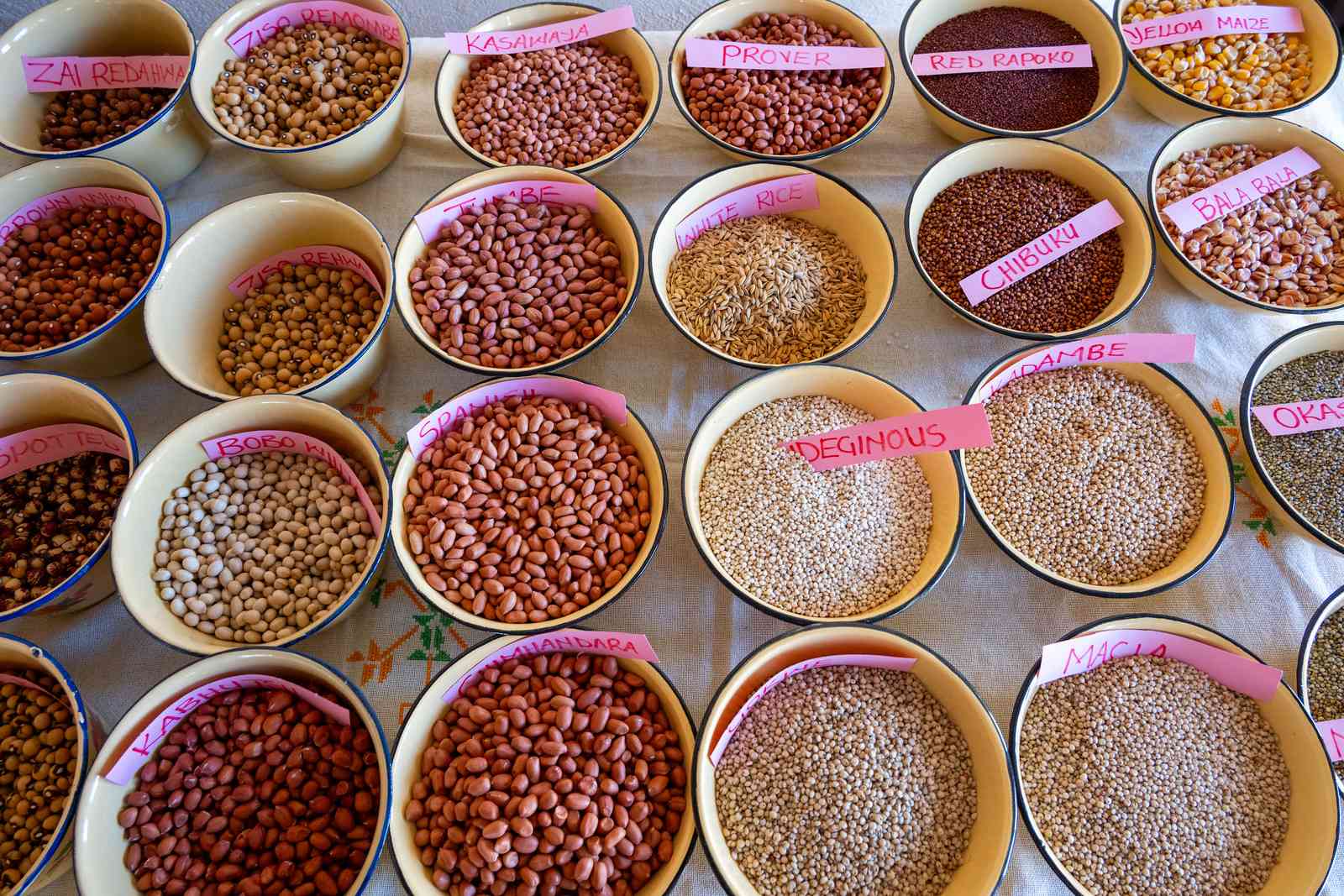
ECONOMISTS have criticised the government’s ban on street and night vending across all of Zimbabwe’s central business districts (CBDs) as it will worsen economic hardships in Zimbabwe.
Earlier this month, the Local Government and Public Works ministry banned street and night vending across all CBDs in Zimbabwe, accusing it of being behind the fast shrinking of the formal sector.
This action followed a ban on importing and selling of second-hand clothing as formal retailers are now on the brink of collapse due to the cheaper competition.
However, street and night vending make up a huge chunk of the informal sector that is estimated to generate US$14,2 billion annually, when the country’s informal sector is contributing 60% to economic activity.
This contribution, however, has since been reassessed to 76,1% by the Zimbabwe National Statistics Agency.
In an interview with NewsDay Business, economist Chenayi Mutambasere argued that the ban on informal trading was out of context with current challenges plaguing the economy.
“The government does not have the luxury of such stringent policy pronouncements, also quite sudden,” she said in an interview.
“This is because as has been established by the recent budget statement and the Monetary Policy Statement, Zimbabwe is predominantly an informal trading economy.
- Ndiraya concerned as goals dry up
- MIHR petitions govt on Lubimbi relocations
- Zim home to over 22 000 refugees
- ‘Timely IMF boost saved Zim’
Keep Reading
“I think from the figures, they’re saying something like 76%, of which, of that, an odd 90% is the small micro enterprise, the small micro informal traders who are the ones participating in this market of second-hand clothing.”
Mutambasere said the government needed to be objective about the problems it aimed to address.
“They need to be a bit more specific in terms of the problem that they are trying to address so that they do not end up in a situation where, you know, they’re biting their nose to save their face,” Mutambasere said.
“Let’s understand, is this a health and safety issue? If so, how can that be addressed? Or is it a structural issue within the economy, where the expectation is that over time formalisation and job creation will reduce informal trading?”
Economist Vince Musewe noted that this government decision would lead to creation of black markets and more corruption.
“Without dealing with an economy which is failing to create jobs and give people alternative sources of income, a ban will merely create a black market and more corruption in that sector. The informal sector is very creative,” he said.
“Alternatives should be provided before the action to ban informal trading because it will deepen economic hardships in the country.”
Economist Stevenson Dhlamini said although he recognised the rationale behind the ban, there was need for empathy and clarity.
This comes as the economy has few job opportunities, low wage growth and a volatile exchange rate that continues to shrink consumer earnings while raising the cost of living.
“The informal sector supports the livelihoods of a vast majority, and abrupt policy shifts risk deepening economic hardship without providing alternatives,” Dhlamini said.
“A balanced approach would involve rolling out this ban gradually, paired with investment in domestic textile capacity, formal vendor spaces, and re-skilling initiatives — to ensure that we safeguard both public safety and the dignity of informal traders.”










